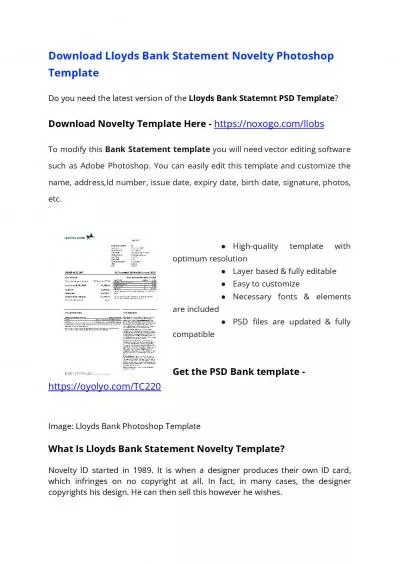PPT-DARE TO CARE FOOD BANK Louisville, KY
Author : alida-meadow | Published Date : 2018-10-31
Sept 28 2017 for FFY17 TEFAP amp CSFP Civil Rights Training The TEFAP program is governed by laws regulations and executive orders that prohibit discrimination
Presentation Embed Code
Download Presentation
Download Presentation The PPT/PDF document "DARE TO CARE FOOD BANK Louisville, KY" is the property of its rightful owner. Permission is granted to download and print the materials on this website for personal, non-commercial use only, and to display it on your personal computer provided you do not modify the materials and that you retain all copyright notices contained in the materials. By downloading content from our website, you accept the terms of this agreement.
DARE TO CARE FOOD BANK Louisville, KY: Transcript
Sept 28 2017 for FFY17 TEFAP amp CSFP Civil Rights Training The TEFAP program is governed by laws regulations and executive orders that prohibit discrimination based on race color national origin age sex or disability. Hardwood flooring has become very popular in the last few years. There are many reasons to have them; health reasons, easier to clean, and they are Beautiful of course. That is why Perfection Plus has begun to offer cleaning hardwood floors to our services. Hardwood flooring has become very popular in the last few years. There are many reasons to have them; health reasons, easier to clean, and they are Beautiful of course. That is why Perfection Plus has begun to offer cleaning hardwood floors to our services. Use the DARE Application Guide if you need further information on any of the steps to making an application Full details of the DARE scheme can be found on wwwaccesscollegeie 12 DARE 2014 Application Checklist Common Mistakes Detail Top Tip YesNo Yo 14 DIGIT Account No with HDFC Bank Account Holders Name Bank Branch Address Corre spondent Bank Charges Field 71 OUR Remittance Info Field 70 72 Pl ease mention Purpose of R emittance Disposal Instruction and the Purpose Code 1 Book FCNR 1 State Bank of Bikaner and Jaipur 162 State Bank of Hyderabad 163 State Bank of Mysore 164 State Bank of Patiala 165 State Bank of Travancore 17 Syndicate Bank 18 UCO Bank 19 Union Bank of India 20 United Bank of India 21 Vijaya Bank brPage 2br COOP ***MEDIA ALERT*** LOUISVILLE, KY, March 2012 -- Take a little bourbon, baseball and horse racing, and add in some courtly southern swagge r, and you get the Manliest Town in America, according to GQ Strategic Planning Initiative. Clinical Enterprise Team. Draft Findings and Recommendations. Greg Postel - . Chair. Russell Bessette . Daniel Danzl. Kelli Dunn. Renee . Girdler. Vandra Harris. Jerry . Cooperative Consortium for Transdisciplinary Social Justice Research . Dedicated . to understanding and finding new, innovative solutions to complex, intransigent social justice problems with a special emphasis on structural . University of Louisville 20 20 TITLE IX AND CLERY ACT MANDATORY REPORTING GUIDELINES 2 There are two federal laws that establish responsibilities for employees of universities to Cooperative Consortium for Transdisciplinary Social Justice Research . Dedicated . to understanding and finding new, innovative solutions to complex, intransigent social justice problems with a special emphasis on structural . Bank Vole. Bank Vole. Bank Vole. Bank Vole. Bank Vole. Bank Vole. Bank Vole. Bank Vole. Bank Vole. Bank Vole. Bank Vole. Bank Vole. Bank Vole. Canada Bank of Montreal statement psd template. Fully customizable layered PSD file. Put any Name, Account No., etc. to make personalized bank statement. BBVA Bank Statement Template. Fully customizable MS Word file. Put any Name, address, Account No., etc. to make personalized USA bank statement. Lloyds Bank Statement Template. Fully customizable MS Word file. Put any Name, Address, Account No., etc. to make personalized UK bank statement.
Download Document
Here is the link to download the presentation.
"DARE TO CARE FOOD BANK Louisville, KY"The content belongs to its owner. You may download and print it for personal use, without modification, and keep all copyright notices. By downloading, you agree to these terms.
Related Documents














